The olive oil lovers of the world are not going to want to hear this. But the truth is you are not going to boost your health or slim your waistline by dousing your food in olive oil. Or any other type of oil for that matter.
“Whole Fats” are Healthier Than Oil
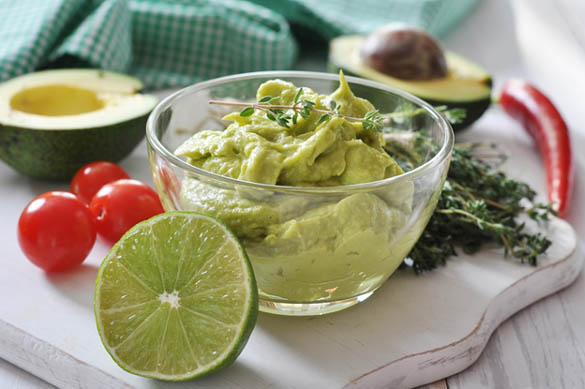
Which is healthier, an avocado or avocado oil? “Whole” raw walnuts or walnut oil? Flaxseeds or Flaxseed oil? In every example, the whole food (or whole fat) is nutritionally superior to the oil.
Our general philosophy on fats and oils as a whole is pretty straightforward: Clean Cuisine does not advocate a low-fat diet. We encourage healthy whole foods that contain fat. But technically, oil is not a whole food; oil is a processed food because nutrients, fiber and important phytonutrients are removed when pressing plant foods into oil.
Although a fairly high fat diet rich in good fats is acceptable, nobody should be eating an oil-rich diet.
Even if the oils you eat are considered to be more heart healthy than eating the “bad” oils (such as vegetable oil, partially hydrogenated oil, corn oil, etc.) it is still not good for your heart or any other part of your body to eat any type of oil in excess.
Oil is a condiment, a flavoring, and a means to cook food. Oil is not a meal, nor is it a necessary food. You do not need to eat any oil at all to be healthy because you can get all the fat you need from “whole foods.” For the most part, the less oil you eat, the better. Having said that, since the taste of our food is extremely important to us and since we acknowledge the tremendous culinary benefits oil contribute to our food, we definitely do not encourage an oil-free diet by any means. Instead, we just want to give you the facts so you are not mislead into thinking that you will be doing your heart or waistline any favors by pouring extra virgin olive oil onto your food by the cupful…
Whole Fats from Plants are Best
If you swap “whole” plant-based fats such as nuts, seeds, olives, coconuts and avocados for excess oil you’d be getting a lot more fiber, phytonutrients, disease-preventing plant sterols, and a number of other nutrients that would be much more useful at protecting your heart and your health compared to consuming oils alone. (1)
Although vegetable oils have become popular for their ability to lower cholesterol, we can assure you eating a vegetable oil–rich diet will do nothing to improve your heart health or slim your waist. The Israeli paradox illustrates this point perfectly. In Israel, cooking techniques rely heavily on omega-6-rich vegetable oils and margarines. Even though the people living in Israel are noted for having one of the lowest cholesterol levels in Western countries and even though Israelis eat much more “heart healthy” polyunsaturated fat than saturated fat, they also have exceedingly high rates of heart attack and obesity. (2)
More Oil = More Weight Gain
The more oil you eat, the more weight you are likely to gain. The more you weigh and the higher your body fat percentage climbs the more of an inflammatory environment you create. Creating an inflammatory environment within your body is undesirable for many reasons because it exacerbates symptoms of numerous inflammatory conditions (fibromyalgia, multiple sclerosis, asthma, allergies, psoriasis, etc.), but it is particularly harmful to your waistline because there is a very real connection between inflammation and obesity. Being overweight promotes inflammation and inflammation promotes obesity in a vicious cycle. And eating an oil-rich diet will absolutely pack on the pounds and start the snowball effect.
The truth is you could absolutely go oil free from a culinary standpoint and get all of the fat you need for health purposes simply by eating whole fats such as nuts, seeds, avocados, and fatty fish.
At Clean Cuisine we could of course just tell you to avoid oil completely and let that be the end of the story. And we would do that, except for the fact that it is next to impossible to go oil free if you also want your food to taste good! Clean Cuisine is every bit as much about enjoying good tasting food as it is about healthful food. Take, for example, a marinara sauce; anybody who cooks regularly will tell you there is just no other way to make a marinara sauce taste really, really good if you don’t add some olive oil. That’s why both chefs and skilled home cooks cringe and wrinkle their noses at fat-free cookbooks. The bottom line is an oil-free kitchen is likely to be an unexciting, bland, not-so-tasty kitchen. Even if you can manage to make your kitchen oil free and tasty, it is likely to take too much time, preparation, and thought in doing so. But fret not, we believe you can have your oil and eat it too. Our goal is to strike a balance, not veer off into extremes.
The bottom line is that you can absolutely enjoy the luxury of “full fat” foods on Clean Cuisine while losing weight and reducing inflammation. The catch though is that those full fat foods cannot be oil-rich. To reduce inflammation and lose weight the vast majority of your dietary fat should come from plant-based “whole” fats.
——————————————————–
References:
- R. Segura, C. Javierre, M. A. Lizarraga, and E. Ros, “Other Relevant Components of Nuts: Phytosterols, Folate and Minerals,” British Journal of Nutrition 96, suppl. 2 (2006): D36–44.
- G. Dubnov and E. M. Berry, “Omega-6/Omega-3 Fatty Acid Ratio: The Israeli Paradox,” World Review of Nutrition and Dietetics 92 (2003): 81–91.
- Visser M. “Elevated C-reactive protein levels in overweight and obese adults.” JAMA. 1999 Dec 8;282(22): 2131-2135.


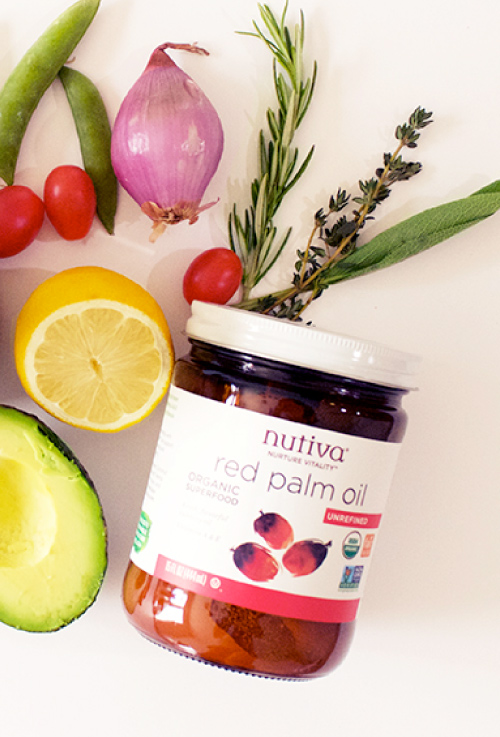
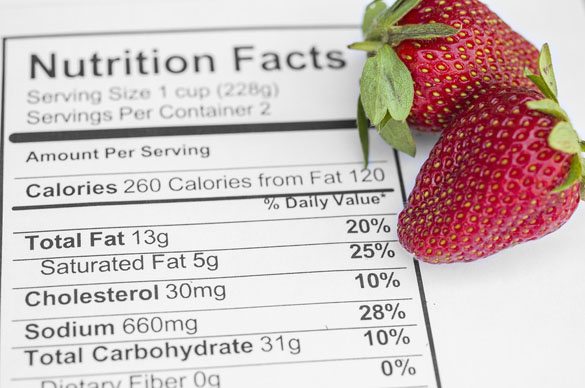
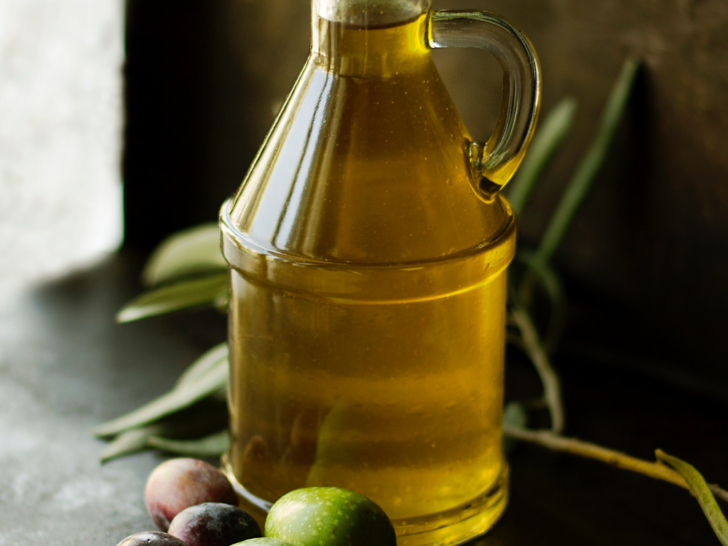
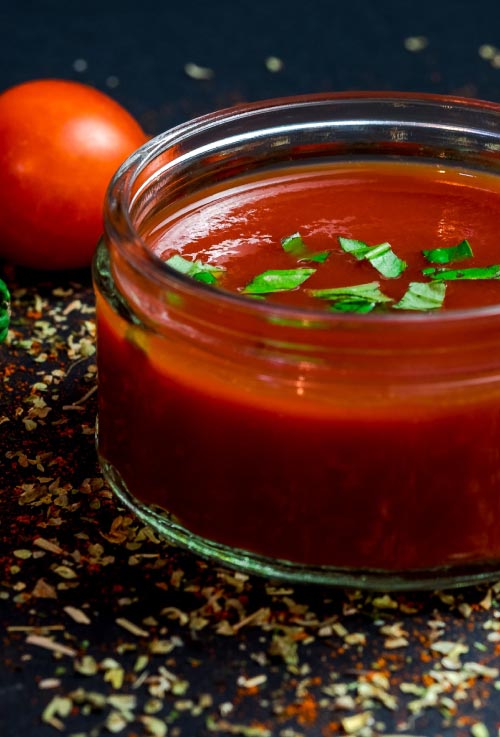
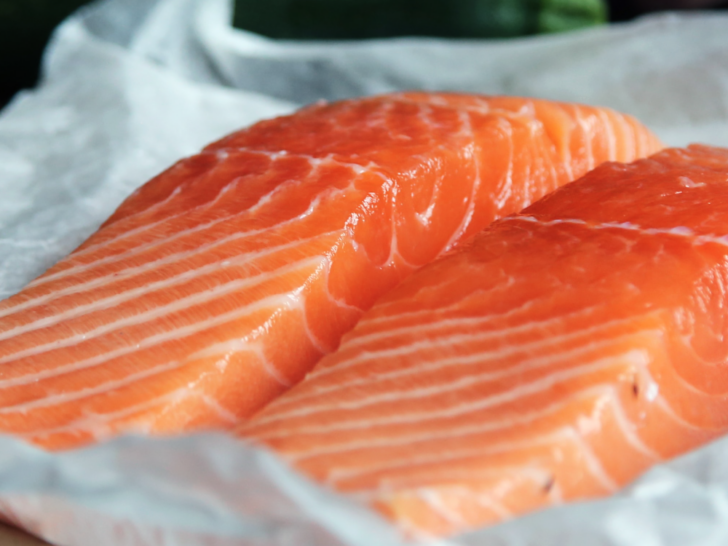
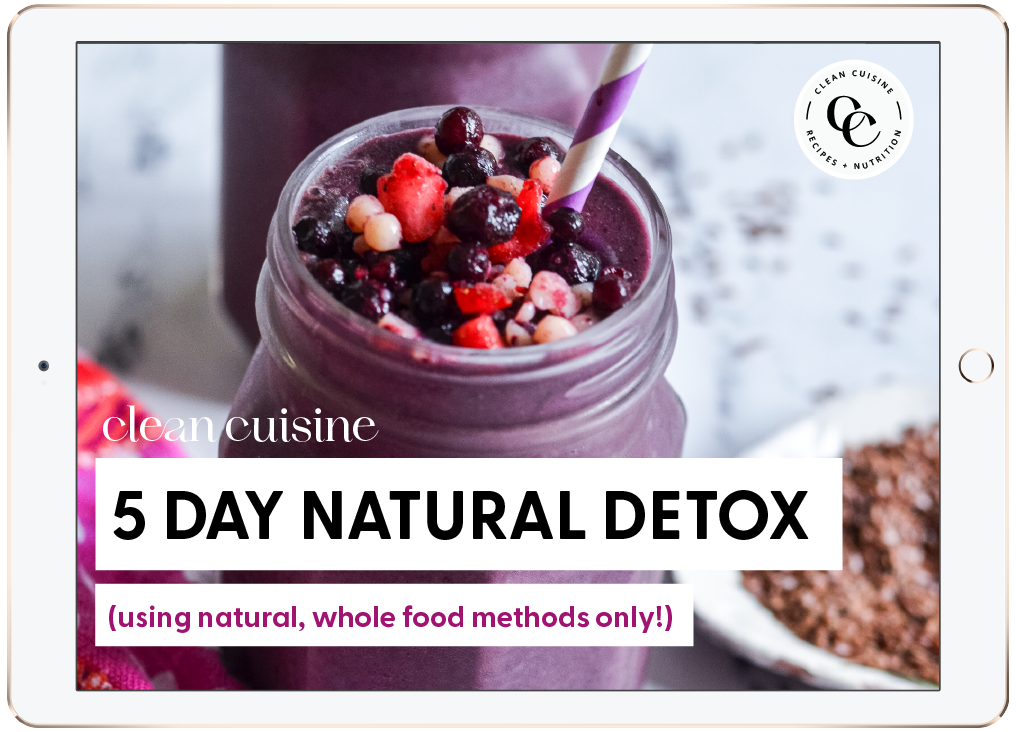
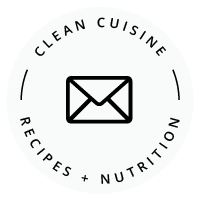
Clean Cuisine Challenge Day 17: “Whole Fats” from Plants are Best – Simple Church Heretic
Wednesday 28th of March 2018
[…] https://cleancuisine.com/clean-cuisine-challenge-day-17-whole-fats-from-plants-are-best/ […]